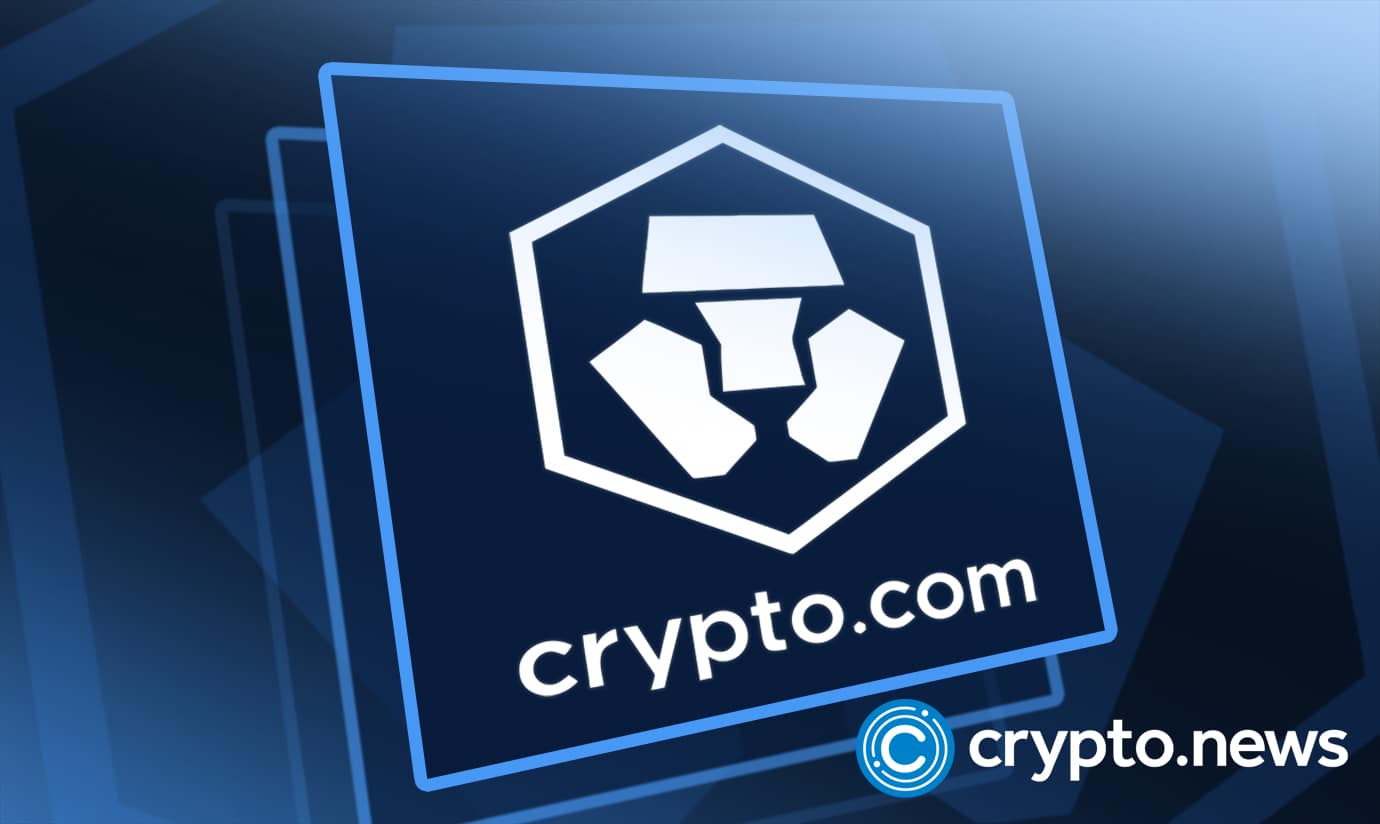2021-6-9 16:45 |
Global policy, business, and academic think tank the World Economic Forum (WEF) released its decentralized finance (DeFi) policy toolkit today, as per a release this morning.
“DeFi presents a generational expansion of financial opportunity (and always accompanying risk). The most important first step before any regulatory or policy undertaking is to level-set on the evolving landscape,” said Michael Mosier, Acting Director of the Financial Crimes Enforcement Network (FinCEN) in the United States, on the launch.
The toolkit was created in collaboration with the Blockchain and Digital Asset Project at the Wharton School of the University of Pennsylvania. It provides policy-makers and regulators with guidance for technologies that are global and transforming rapidly.
Decentralized finance could greatly impact financial services – a fresh approach to policy and regulation is vital.
A new policy-maker toolkit from @wef and @Wharton is here to help.
Discover more on #blockchain, digital assets, and the future of finance: https://t.co/ZE1WtpstES pic.twitter.com/XxBNBwlYgv
— World Economic Forum (@wef) June 8, 2021
Surging DeFi marketThe DeFi sector has surged to hundreds of billions of dollars in the past year across use cases like decentralized lending, borrowing, self-paying loans, non-custodial trading, and yields on staked assets.
This has ushered in an entirely new narrative for cryptocurrencies—away from simply being a ‘store-of-value’ or assets to protect financial privacy—and thousands of native DeFi projects and protocols have launched in the past week.
And with institutions said to be interested in the niche space, the toolkit aims to provide a foundation for understanding the major factors that should drive policy-making decisions. It provides an overview of DeFi, explores and illustrates benefits and risks with case studies, and maps out legal and regulatory responses.
“We are in a critical time for DeFi. Following its rapid growth, and the price activity in crypto more generally, governments are closely watching cryptocurrencies and decentralized applications,” said Sheila Warren, Executive Committee at the WEF.
She added, “This toolkit is a critical first step in helping policy-makers and regulators navigate this quickly evolving space. By outlining the potential risks, while highlighting the opportunities for innovation, we hope it will be a valuable resource in informing balanced approaches to policies and regulations.”
Non negativesOther collaborators focused on the negative aspects of the burgeoning industry to explain why a standard toolkit was required.
“DeFi has transformative potential for financial services worldwide but also creates an array of serious concerns,” said Kevin Werbach, Director of the Blockchain and Digital Asset Project at Wharton.
He added, “Policy-makers and regulators need frameworks to address these issues responsibly. The toolkit provides that roadmap.”
The toolkit features contributions from an international expert group of academics, legal practitioners, DeFi entrepreneurs, technologists, global policy-makers and regulators, and is the second report in the series, after “DeFi Beyond the Hype.”
Representatives from governments around the world contributed to the creation of the toolkit, including those developing Europe’s Markets in Crypto-assets (MiCA) framework and major U.S. financial regulators.
Meanwhile, the policies are already starting to catch on. The government of Colombia expects to be among the nations planning to use the toolkit in their policy-making and regulations.
The post WEF issues DeFi policy ‘toolkit’—and Colombia’s already planning to use it appeared first on CryptoSlate.
origin »Bitcoin price in Telegram @btc_price_every_hour
Defi (DEFI) íà Currencies.ru
|
|



